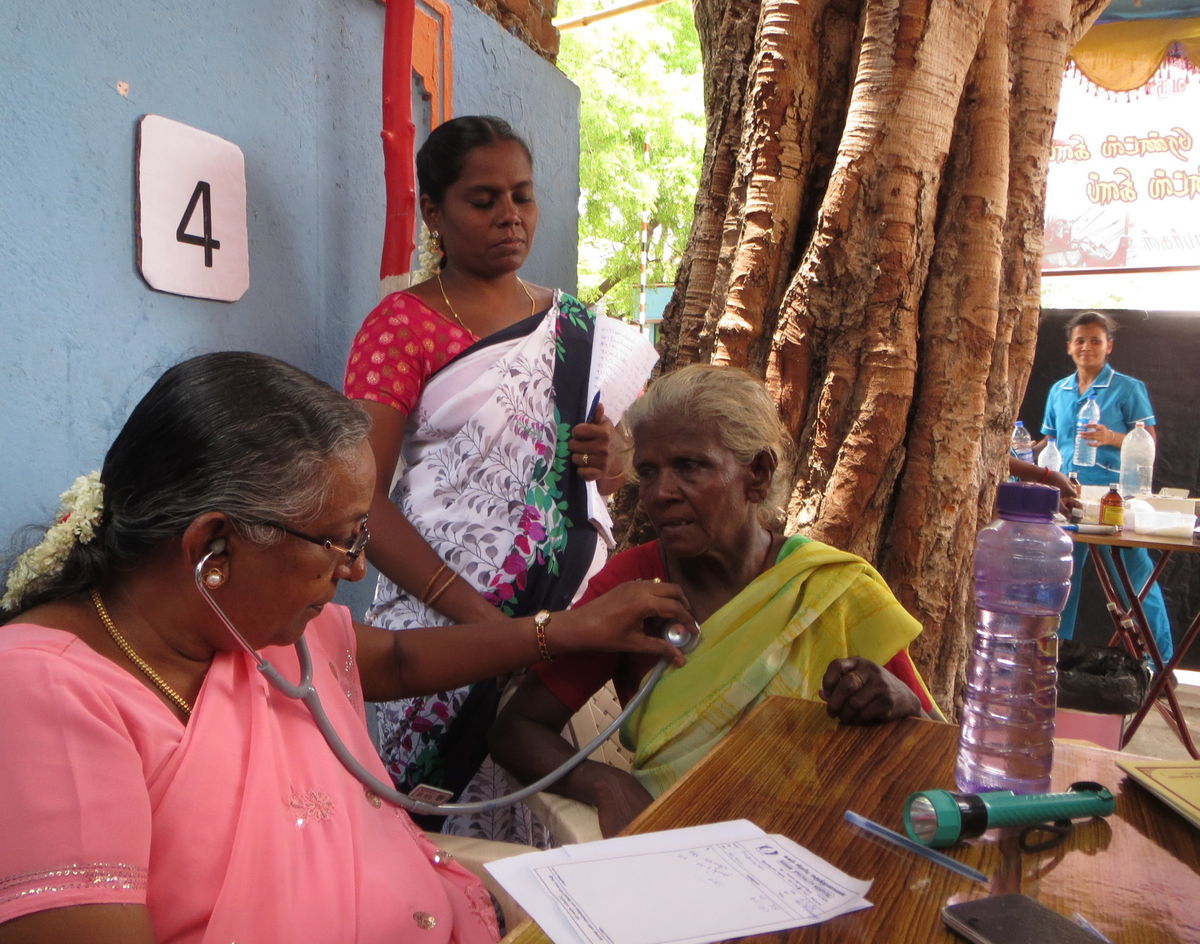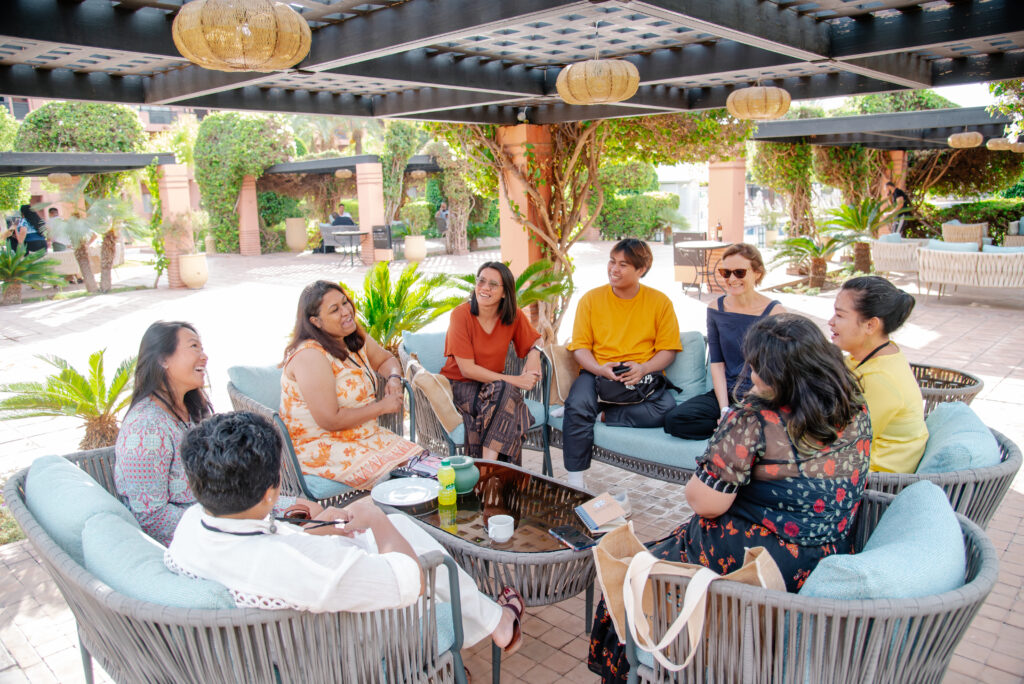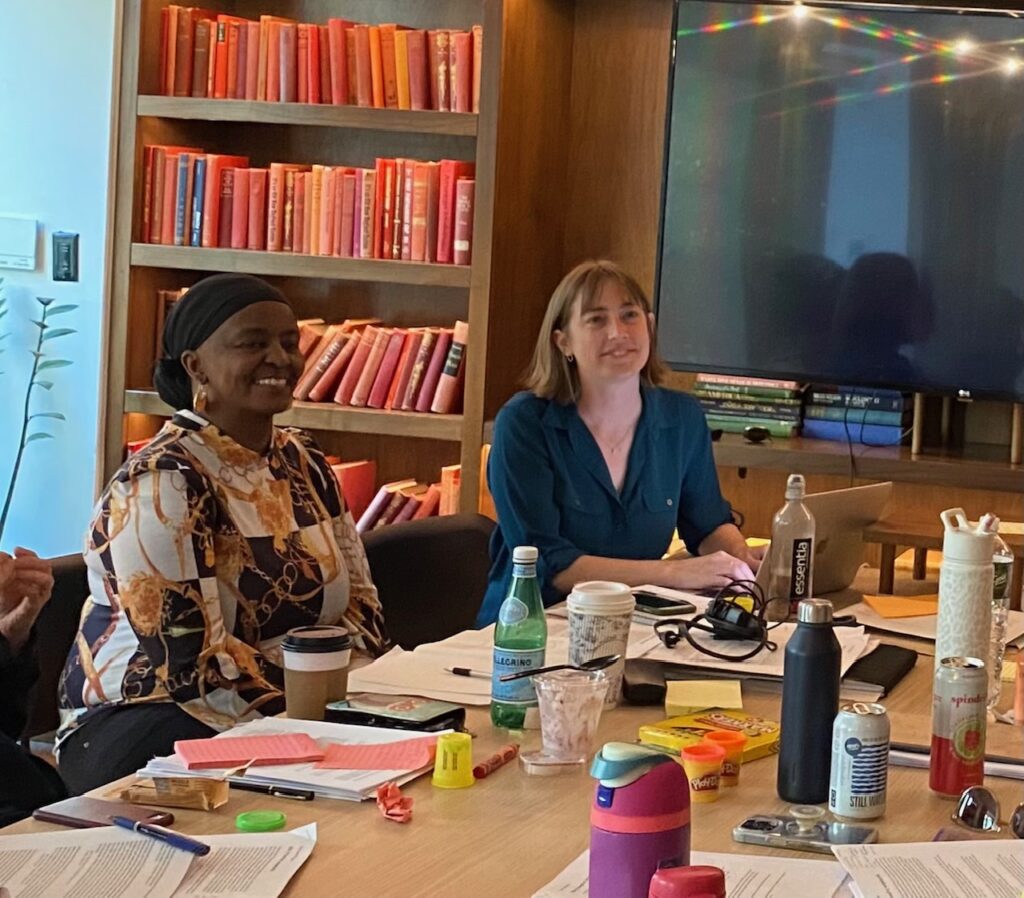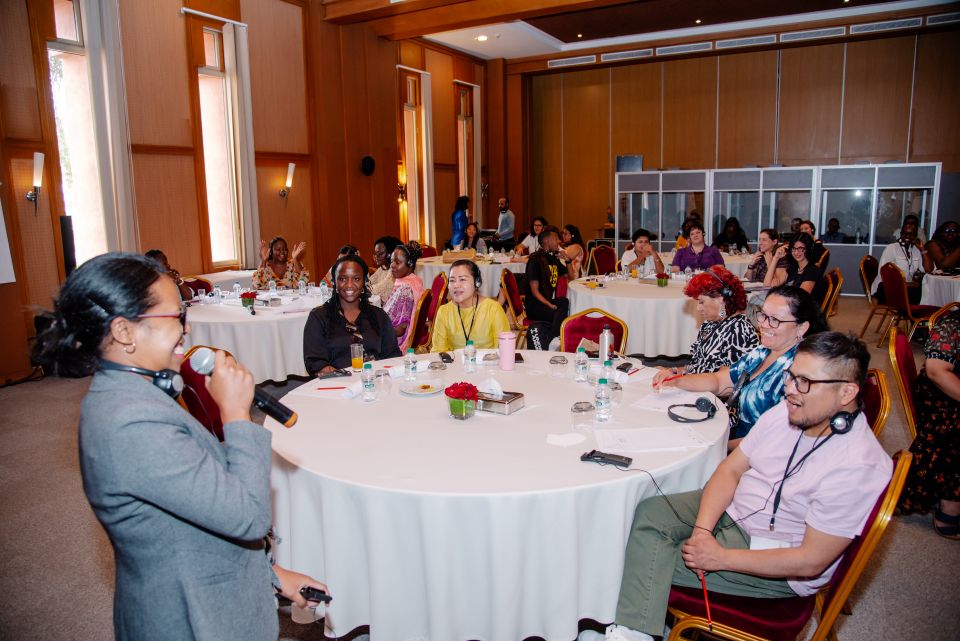Let “Justice” Be the Most Lived Word of 2019

The most looked-up word of the year in 2018, according to The Merriam-Webster Dictionary, was “justice.” As we move swiftly to bury a year in which human rights, and the victims of human rights abuses, have been virtually abandoned by the United States and much of the rest of the world, it should not come as a surprise that the word “justice” was so often sought out by Americans; it’s simply tragic that the nation championing “equal justice under law” should have so wholly disregarded this foundational notion that, in 2018, Americans needed to look it up.
This precious word means so many things to so many – we’re talking about social justice, which, in America, includes criminal justice, racial justice, immigrant justice, environmental justice, economic justice, and gender justice.
The last of these can help with all the rest. Gender justice – the right of everyone, regardless of their gender, to live without fear, in dignity and freedom – is the essence of the human rights movement — a movement that lies at the heart of human development, economic development, international development, sustainable development.
“Mobile Women’s Health Clinics, like this one operated by WomenStrong International partner DHAN Foundation in Madurai, India, extend health care to hard-to-reach women who then are welcomed into local public health systems.”
To understand how and why this is the case, consider the woman. Traditionally, worldwide, it is traditionally the woman who cares for her family, who works in order to do so, and who considers the future – her children’s education, her parents’ wellbeing, her husband’s health and job prospects, the survival of her home or small business or the fields she tills, her own capability to advance, provide, and thrive. It is the woman who thinks of the other, who genuinely sees and hears those around her, and who bases her decisions not just on her own experience, but also on what she has seen, heard, and understood.
The qualities of empathy, courage, entrepreneurship, and grace that enable women to do all these things are the very qualities that point to a world where there is “justice for all” – wherein men can assume their full share of these obligations, thereby moving us decisively toward peace, equity, and a caring community where all can be heard and all can succeed.
Until there is justice for all, there can be no caring community.
There is no community, we know, when we wrench young immigrant children from their parents and warehouse both parents and children in cages and tents.
There is no community when we lock up disproportionately more men of color than white men, for much longer sentences.
There is no community when our indigenous young people are only 28 percent as likely to go on to college as white youth and 250% as likely to kill themselves.
There is no community when there is no massive outrage or emergency response to the news that, against all global trends, the maternal mortality rate in America has actually gone up, with the rate for women of color more than three times that of white women nationwide, as high as 12 times, in New York City.
When only the wealthy can afford quality health care, there is no community.
When the salary of a chief executive officer can be 312 times that of a rank-and-file employee at his firm, there is no community.
And when America is steered by those who would open our borders only to those with a certain income or skin color, we have turned our back on our global community.
Women know this. This is one reason (among other discriminatory and likely more determinative ones) why so many teachers, nurses, social workers, caregivers, and peacemakers are women – among them, 12 Nobel Peace Prize winners in the last 40 years, who have fought for peace for the planet, and against sexual violence.
This is also why the world needs investment in girls’ and women’s education, health, and economic empowerment, and in reducing the gender-based violence that destroys lives and impedes our progress toward building the global community we so dearly need. At WomenStrong International, women stand at the center of development, as our partners share their knowledge of what works, in these areas so critical to sustainable human development.
It all comes back to justice: to access this precious knowledge, and the technical and financial resources that make it possible to use, learn from, and build on that knowledge, to create a more just and respectful community where everyone is free to live in dignity and without fear.
It is well past time to look up the word. Let’s make 2019 the year in which we not only cry out for justice, but we actually rekindle justice, so that its flame shines bright — in our courts, in our schools, at our borders, in our own lives.
We can’t wait: our world depends on it.




